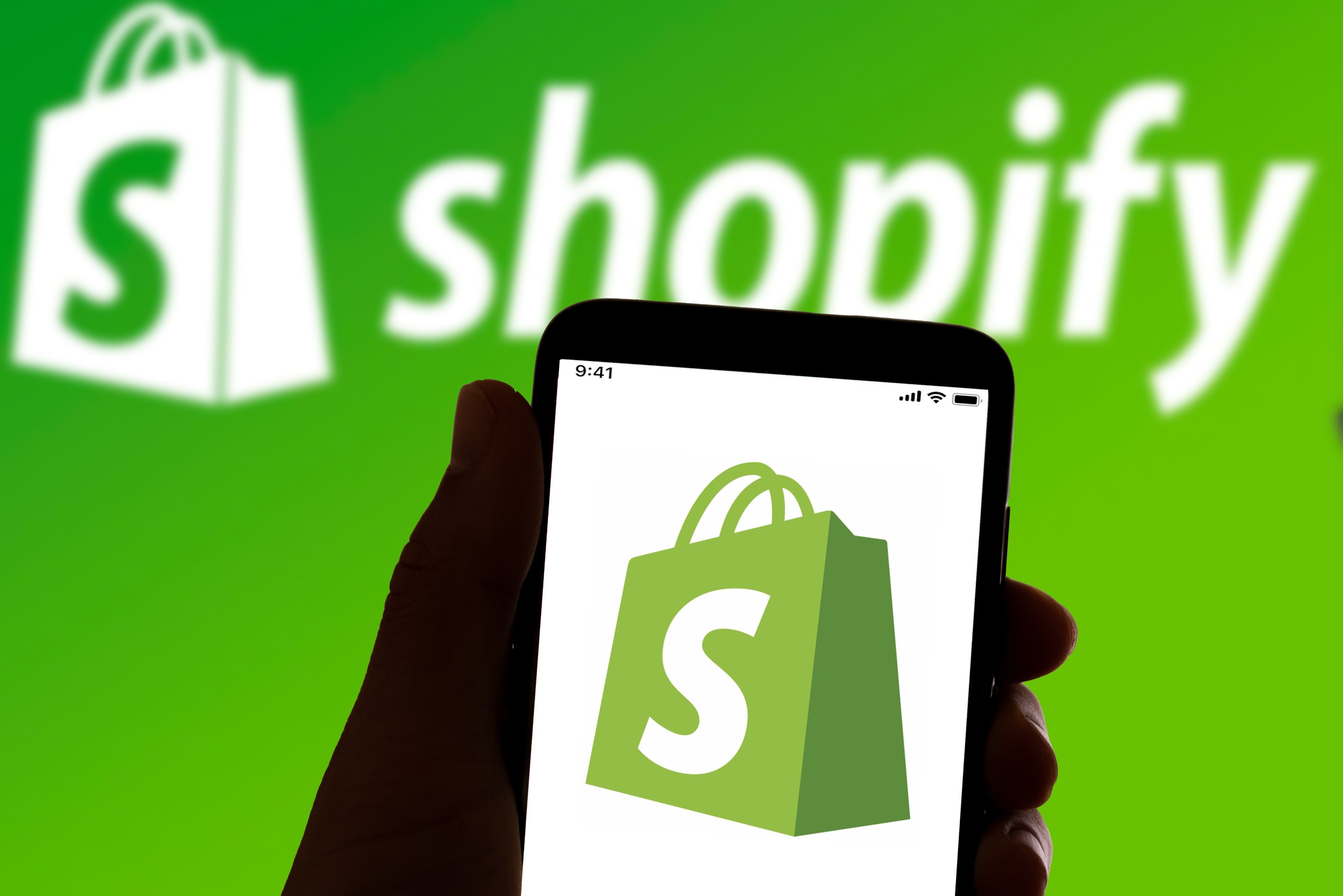E-commerce powerhouse Shopify (SHOP 7.37%) recently launched a new app called Shop, which builds on its app Arrive, designed to help shoppers track orders, and Shop Pay accelerated checkout. While Shop includes the ability to get package delivery updates, the real reason for the software launch is to make it easier for Shopify's customers -- the merchants utilizing its platform -- to connect with consumers.
In a nutshell, Shop allows a user to discover and create a feed of businesses, receive updates from said businesses, easily order and check out, and manage shipment and returns. With its debut, Shop now yields Shopify an end-to-end e-commerce solution covering merchant services, logistics, and a consumer-facing marketplace. Does it support the ludicrous premium on the stock? Probably not. No matter, though. Betting against this ambitious digital commerce empowerment company would be folly.

Image source: Getty Images.
A departure from its modus operandi?
Shopify got started as, and still remains, a platform for merchants looking to build their presence on the internet. As a reminder, 2019 revenue increased 47% to $1.58 billion, made up of the following: Subscription solutions (basic website setup and management) revenue of $642 million, and merchant solutions (payment processing, shipping, credit, etc.) revenue of $936 million.
Of the two segments, it's the larger merchants services division that's really moving the needle. It grew at a 54% clip in 2019. Shopify deepened those capabilities supporting its merchants, acquiring a small company to enable business-to-business transactions and the far more dramatic $450 million takeover of 6 River Systems for warehouse automation and robotics. The crowning achievement, though, was the launch of the Shopify Fulfillment Network -- placing the tech outfit right in the middle of the logistics and last-mile delivery battle that has been one of the hallmarks of retail in the last few years.
All of this is in the name of entrepreneurship. Shopify's mission remains to put the power of e-commerce into the hands of small businesses. But getting up and running as a small retailer or direct-to-consumer merchant is easier said than done. E-commerce is growing fast, but it's dominated by a few (ahem, Amazon). And purchasing has been migrating from the web, to mobile web, and now to mobile-native applications -- again, which are dominated by a select few. Creating and then promoting an app as a small business, let alone as a specialty merchant, is a tall if not impossible order.
So why wouldn't Shopify want to make a central database for shoppers to find businesses on its platform? Shopify supports over one million small companies and start-ups, and the last thing it wants is for those businesses to die. Keeping them growing is good for those companies and the employees they support, and means money in Shopify's pocket. And it means more choices for consumers. It's a win-win-win.
Not exactly a reason to buy the stock, but...
Between its massive growth, seemingly unlimited future potential, and intrepid mission to help as many aspiring e-commerce business owners as possible, Shopify is one expensive stock. "Premium" doesn't even do it justice. Free cash flow (revenue less cash operating and capital expenses) is close to negligible as the company plows money into growth initiatives, leaving investors with the highly subjective price-to-sales ratio (market cap divided by revenue, basically the price tag for every dollar of the last year's revenue) to value the business. At 46.3 times 2019 revenue, suffice it to say many years of growth are factored in. The pricing resembles late 1990s Amazon when it was a similarly sized business.
Data by YCharts.
The new Shop app all on its own doesn't make for a reason to buy, but it's yet another lever Shopify can pull in the years ahead to maintain its momentum. Ridiculous primo price tag, yes. But it's best not to bet against Shopify given its fast pace of innovation and the power it's wielding as it reshapes the business landscape to favor entrepreneurship and consumer choice.









